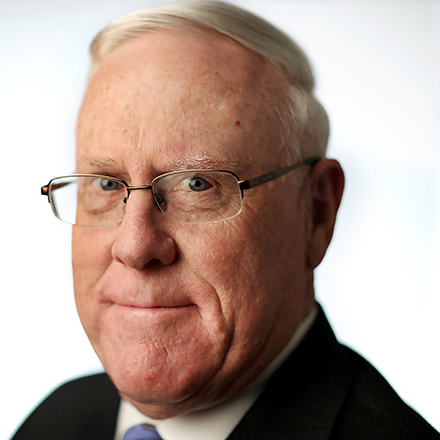BBB: Reverse mortgages need thorough scrutiny
Actor Tom Selleck plays Frank Reagan in the "Blue Bloods" television series. But he’s also known for touting reverse mortgages in commercials for American Advisors Group. (AP Photo/CBS Entertainment)

Randy Hutchinson
Randy Hutchinson is the President and CEO of the BBB of the Mid-South, serving 28 counties in Tennessee, Mississippi and Arkansas. He graduated from Western Maryland College and has an MBA from Wilmington College.
Opinion: Even Tom Selleck would agree it’s important to carefully consider all the pros and cons of a reverse mortgage.
Comments
Want to comment on our stories or respond to others? Join the conversation by subscribing now. Only paid subscribers can add their thoughts or upvote/downvote comments. Our commenting policy can be viewed here.